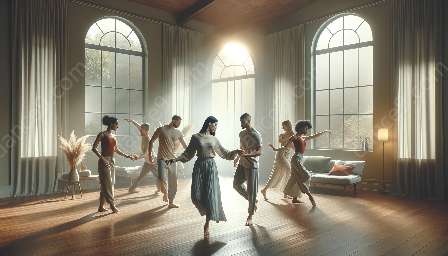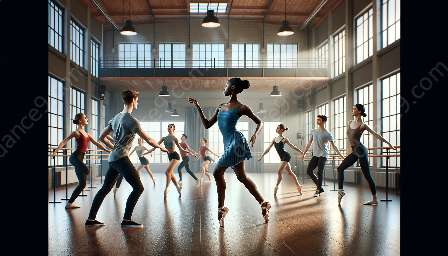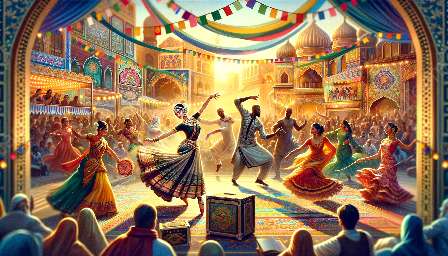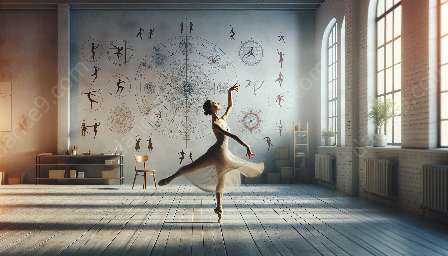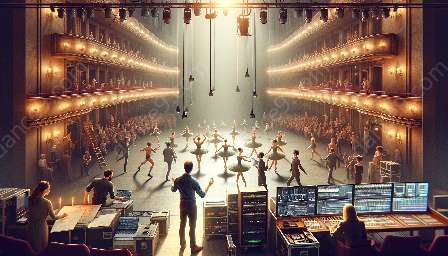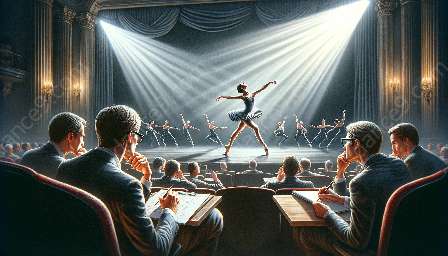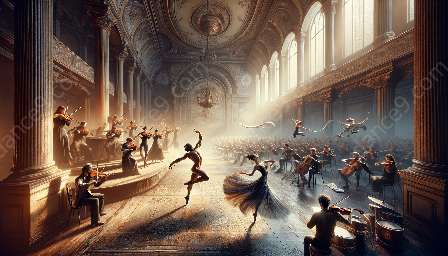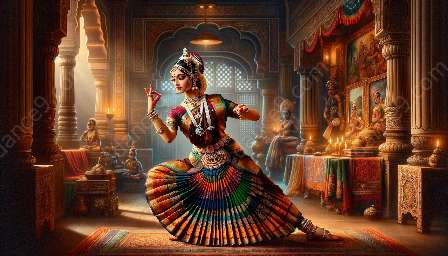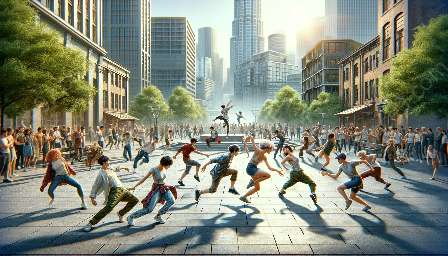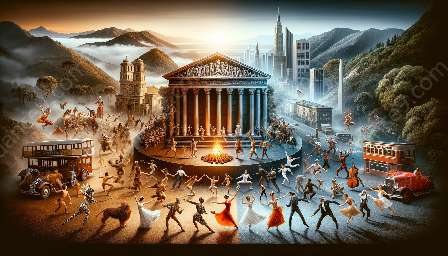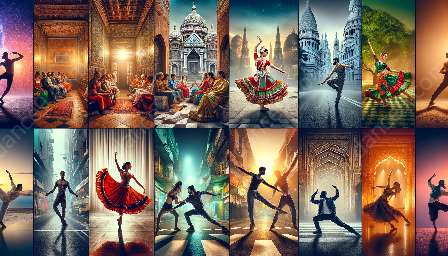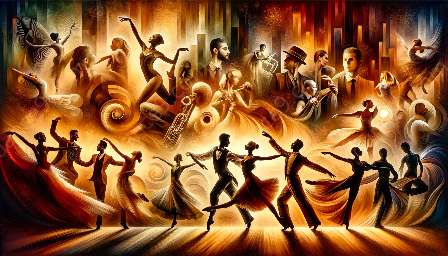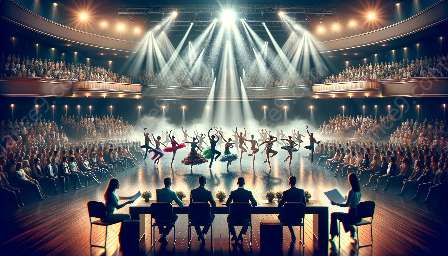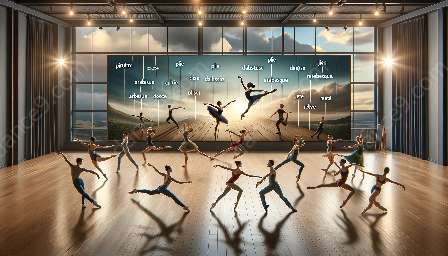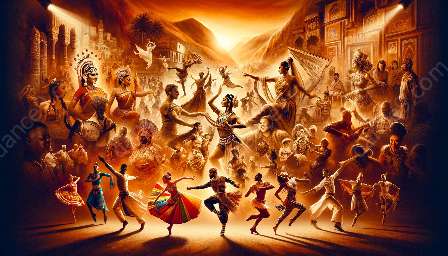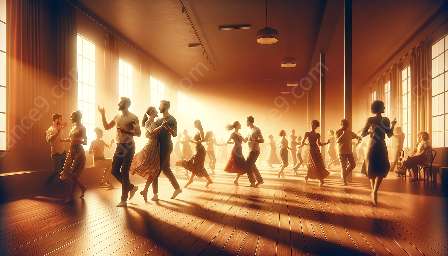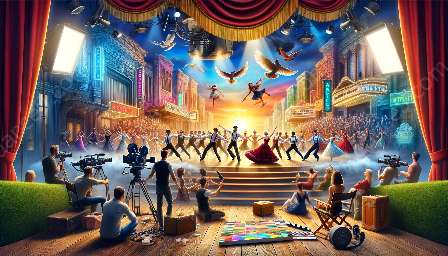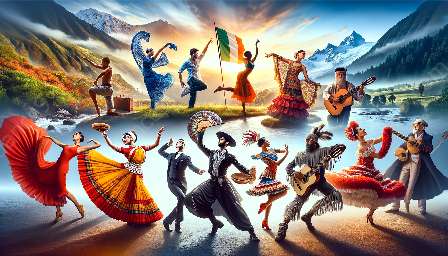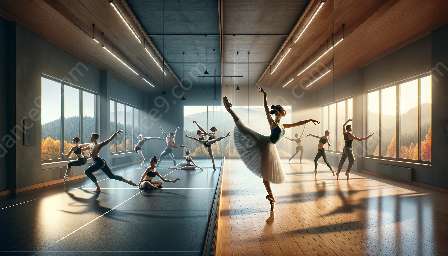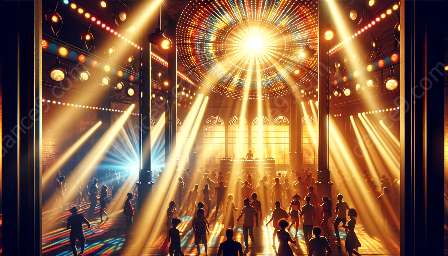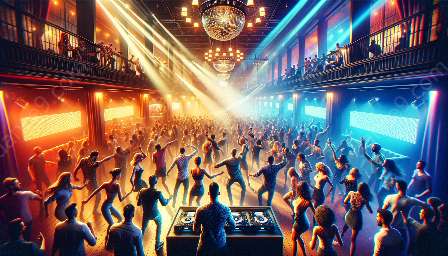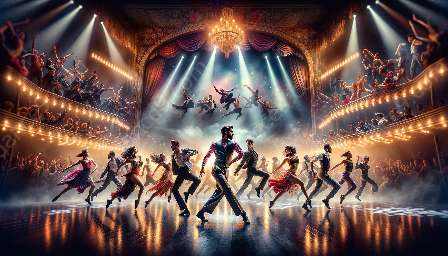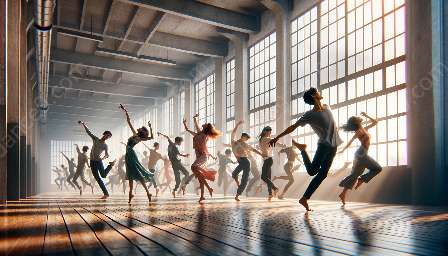Philosophy and dance are two distinct forms of human expression, yet they are profoundly interconnected, sharing a deep and complex relationship. The art of dance necessitates the understanding and embodiment of philosophy in its very essence. This relationship between dance and philosophy goes beyond mere physical movements and reaches into the intellectual, emotional, and spiritual realms, fostering a profound form of expression and understanding.
The Essence of Dance
Dance is more than just movement; it is a reflection of the human experience, a form of communication that transcends language and culture. Through dance, individuals convey their thoughts, emotions, and beliefs, creating a powerful means of expression that is steeped in philosophical implications.
Understanding Existentialism in Dance
Existentialism, a philosophical movement that emphasizes individual existence, freedom, and choice, has a deep connection to dance. The freedom of movement in dance reflects the existentialist perspective of individual agency and autonomy. Dancers, through their movements, assert their existence and convey their unique perspectives on life, creating a tangible manifestation of existential thought.
Embodied Knowledge and Phenomenology
Phenomenology, a branch of philosophy that focuses on the study of consciousness and the ways in which we experience the world, is intricately linked to dance. Dancers embody knowledge through their physical movements, transcending the abstract and actualizing their understanding of the world through their bodily expressions. The embodied nature of dance provides a direct experience of consciousness, blurring the boundaries between physical sensation and philosophical inquiry.
Aesthetic Theory and Dance
Aesthetics, the branch of philosophy that examines the nature of art and beauty, greatly informs the principles and practices of dance. Dancers engage with questions of beauty, form, and expression, embodying the very concepts that have been debated by philosophers for centuries. The aesthetic sensibility of dance invites contemplation and reflection, drawing parallels with philosophical inquiries into the nature of art and its impact on human experience.
Morality, Ethics, and Dance
Within the realm of dance, moral and ethical considerations play a crucial role. Dancers navigate questions of cultural appropriation, representation, and social responsibility, reflecting the ethical dimensions of human existence. The intersection of dance and ethics prompts a critical examination of societal values, human rights, and the responsibilities of artists, offering a philosophical lens through which to analyze and critique the world of performing arts.
Conclusion
In essence, dance philosophy encapsulates the intricate interplay between physicality, emotion, intellect, and spirituality, weaving together the profound insights of philosophy with the visceral expressions of dance. As practitioners and enthusiasts of performing arts, exploring the philosophical dimensions of dance enriches our understanding and appreciation of this timeless form of human expression, fostering a deeper connection between the philosophical and artistic realms.

